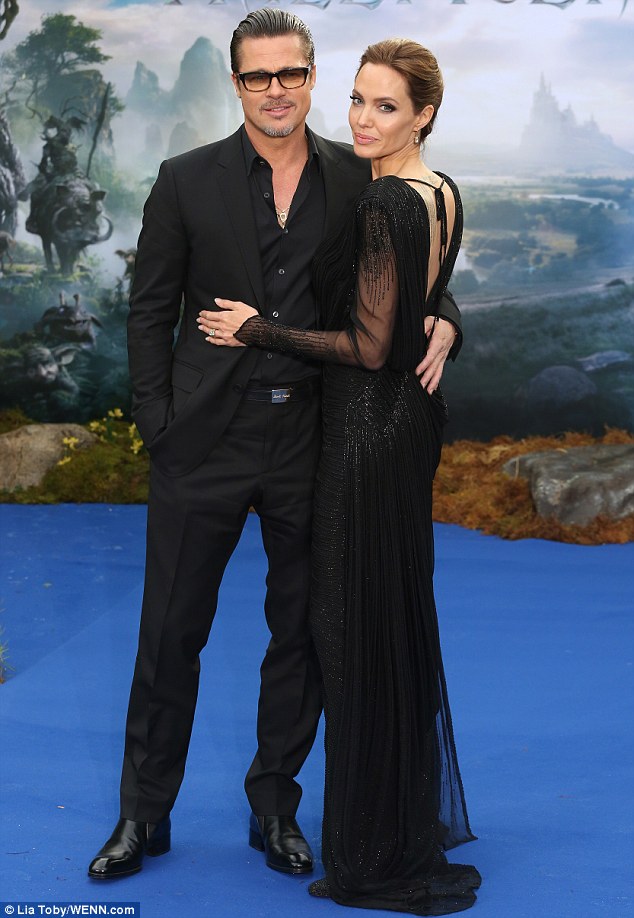In a whirlwind of star-studded events, the premiere of “Gladiator” has taken center stage, captivating audiences and igniting discussions about the monarchy.
Just recently, I caught a glimpse of this cinematic masterpiece, and I must say, it ranks among the best films I’ve ever seen.
The excitement surrounding its release was palpable, especially with the recent premieres in London and Los Angeles that attracted A-list celebrities including Paul Mescal, Denzel Washington, and Pedro Pascal.
Last week’s London premiere had an added layer of significance, as it was graced by none other than King Charles himself.
This event wasn’t just about glitz and glamour; it also supported a charity for British actors.
However, a rather amusing moment unfolded when Denzel Washington found himself at a loss on how to greet the King.
Reports suggested an awkward exchange, but from my perspective, it seemed more like a reflection of the evolving dynamics between public figures and the royal family.
Denzel’s uncertainty about the proper protocol when meeting King Charles sparked a debate.
Many have pointed out that people of color today often feel unsure about engaging with the royals, given the strict adherence to tradition and the scrutiny that comes with it.
It’s reminiscent of Meghan Markle‘s experiences during her time as a working royal, where every action was dissected for protocol breaches.
Denzel’s reluctance to conform felt more like caution than anything else.
Adding to the intrigue, a tweet circulated claiming that Denzel was told to step aside for the King but defiantly chose to continue interacting with fans.
This anecdote only fueled the notion that Denzel Washington, in his own right, holds a kind of royalty that transcends traditional hierarchies.
His nonchalance at the premiere was evident in the photos, portraying a man who seemed unfazed by the royal presence.
Meanwhile, Paul Mescal, the Irish lead of “Gladiator,” offered a refreshingly candid take on his encounter with King Charles.
When asked about it on the LA red carpet, his response was characteristically Irish—unimpressed.
This reaction is particularly telling, as it highlights a broader sentiment among many, especially the Irish, who often regard the British monarchy with a healthy dose of skepticism.
It’s fascinating how cultural backgrounds shape perceptions of royalty.
Mescal’s nonchalant attitude towards meeting the King underscores a significant shift in public sentiment.
The admiration once reserved for figures like Queen Elizabeth seems to be waning, leaving King Charles and Prince William grappling with a less enthusiastic audience.
The respect that was once automatic for the monarchy doesn’t seem to carry over to the current generation of royals, and this reality is becoming increasingly evident.
Tessa Dunlop, a royal historian, recently penned an article discussing the apparent “glamour vacuum” within the House of Windsor.
Her commentary suggested that the Sussexes, Harry and Meghan, could help fill this void, given their charisma and public appeal.
Dunlop’s observations reflect a growing concern that the royal family is losing its luster and relevance in contemporary society.
The mood surrounding the royals is shifting, and it appears that the public’s patience is wearing thin.
Dunlop pointed out that King Charles appeared somewhat isolated during his recent public appearances, especially when compared to the vibrant energy of the film stars.
The contrast was stark, and it raises questions about how the monarchy can remain relevant in a world that increasingly values authenticity and connection.
As Dunlop noted, the royal family’s attempts to maintain a charitable facade may not be enough to capture the public’s imagination without the accompanying glamour.
The potential return of Harry and Meghan to royal duties is a contentious topic, with many speculating whether their star power could breathe new life into the monarchy.
However, it’s clear that both Harry and Meghan have moved on, carving out their own identities far removed from royal expectations.
The notion that the Sussexes would return to a family that seems intent on diminishing their shine is laughable.
They have successfully carved out a niche that resonates with the public, showcasing a blend of celebrity allure and genuine philanthropy.
The royal family’s attempts to compete with this dynamic seem increasingly futile.
In light of these developments, it’s hard not to notice the growing irrelevance of the monarchy.
With each passing day, it appears that the royal family struggles to keep up with the changing tides of public opinion.
Their hesitance to adapt and embrace a more modern approach may ultimately lead to their decline in popularity.
As the conversation around the monarchy continues to evolve, it’s clear that the days of unquestioned reverence for royal figures are fading.
The emergence of new voices and perspectives, like those of Denzel Washington and Paul Mescal, reflects a broader societal shift that challenges traditional norms.
The future of the royal family may depend on their ability to engage with this changing landscape, lest they remain trapped in a past that no longer resonates with the public.

